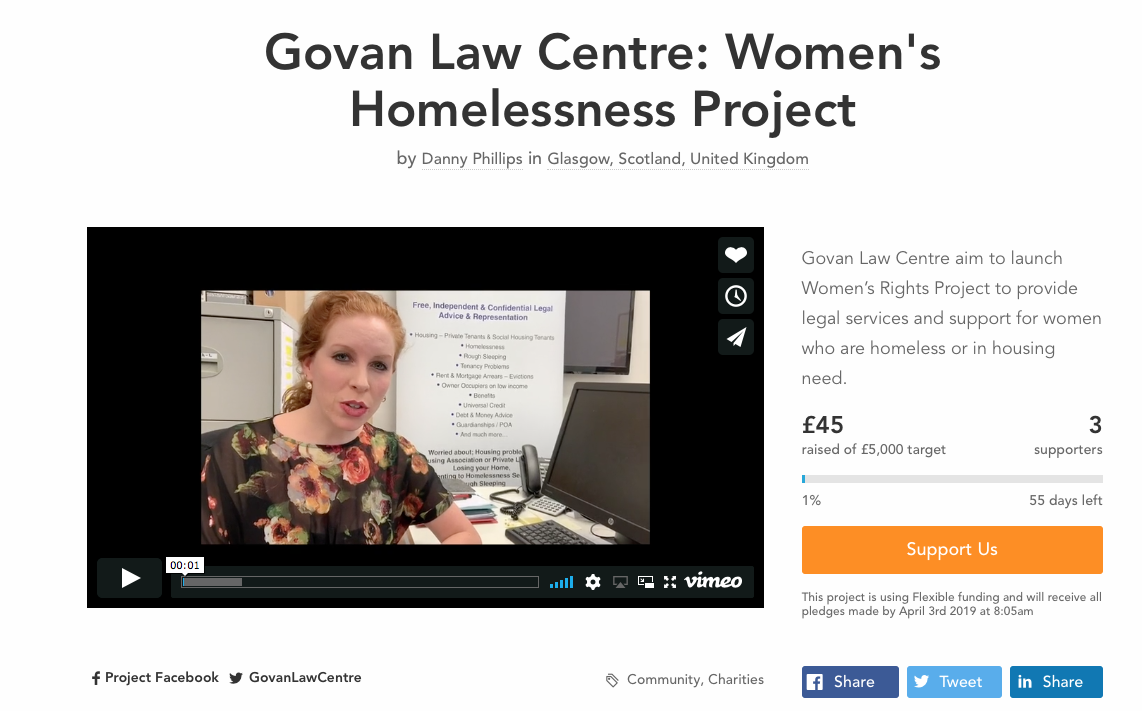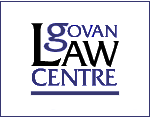This week many customers of
Natwest, RBS and Ulster Bank have been unable to access their accounts, withdraw funds, pay bills or make transactions; with banks opening their branches over the weekend to try and mitigate the damage caused by computer system failures. The following note is a brief guide to your key rights and remedies.
Your rights: The starting point is that you have a legal right to access funds in your personal current account (or business account) through 'payment instruments' (such as debit cards, online banking etc.,) provided to you by your bank.
This right is regulated by FSA rules, the Payment Services Regulations, and the contract with your bank. In summary, this right can only be restricted by advance notice and in limited circumstances, and therefore in relation to a systems failure, the bank is prima facie responsible for any of your reasonable losses.
If you can go into a local branch then clearly that will be the surest way to access your account, but that might not be feasible or possible for many customers, and in any event, damage might have already been incurred - so what can you do?
Your remedies: The golden rule is to 'keep all evidence' - receipts, bills, extra charges you have sustained, anything you think might be relevant - and keep a good written note of what has happened, itemising your losses and recording any significant inconvenience or distress, explaining how and why.
Clear-cut losses: There will be 'clear-cut losses', for example, where funds have not shown up in your account and direct debits have bounced with bank charges imposed - including third party creditor charges - all of these losses are directly caused by the bank's system failure, so they are liable to put you back to the position you would have been in, if this problem had never happened. In other words the bank should meet the cost of all charges, including third party charges levied for missed or late payments.
Consequential losses: Losses which are 'consequential' will require proof, and must be reasonably foreseeable and not unreasonable or remote. For example, you could not access your funds due to the bank's system failure and missed a flight or train, and ended up being charged for the hotel you booked and then had to cancel. Such consequential losses should in principle be recoverable because they are reasonably connected to the failure on the part of the bank - but you will need to keep evidence of your actual loss.
Obtaining redress: You should log a complaint with your bank in the first instance. This can be done over the phone or in writing, and it is always best to follow things up in writing to have an evidential written record, and it may also be necessary to provide copies of receipts or bills for losses sustained (make sure you keep the originals).
If your bank refuses to help: If after you have complained, your bank refuses to make reasonable recompense to your satisfaction you should
make a complaint to the Financial Ombudsman Service.
The link provided will take you through the simple procedure which you can do yourself. Whatever you do, don't pay anyone to do this for you, and do not use a Claims Management Company - because the system is designed for consumers to do this for themselves for free.
NatWest, RBS and Ulster Bank have indicated that they will not see their customers out of pocket, so you should obtain redress for yourself.
If you need help you can always get free impartial advice from a money advice agency or CABx. If you cannot obtain redress through the Financial Ombudsman Service you may wish to consult a qualified solicitor to ascertain if there is any legal remedies available to you.

NatWest, RBS & Ulster Bank: your rights & remedies if you've been unable to access funds



















